Black Mirror was never about far-off futures—it played with ideas already peeking over the horizon. That’s what made it uncomfortable to watch.
Years later, many of those “what-if” scenarios feel more like early headlines. These technologies are being prototyped, patented, or even sold. Here’s how life has caught up to the show, piece by piece.
Autonomous Pizza Delivery Vans
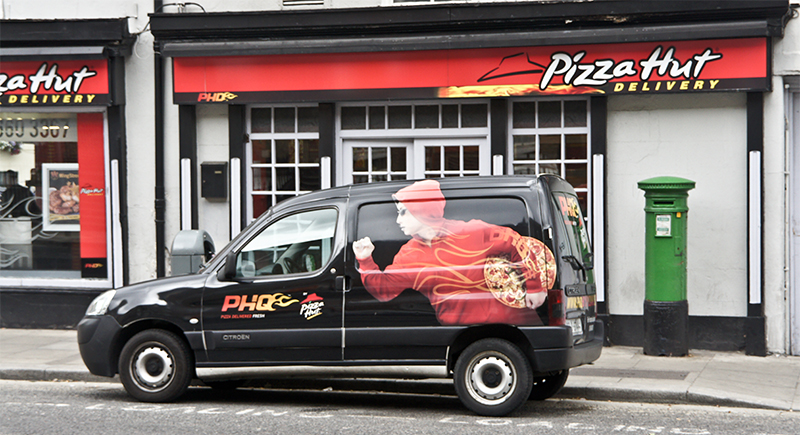
Pizza Hut revealed a concept vehicle developed with Toyota that could deliver food without a human behind the wheel. The design runs on Toyota’s e-Palette platform, which is equipped to navigate streets independently. It’s not widely deployed yet, but the vehicle exists. The goal is simple: get your food from point A to point B without a driver or delivery worker involved.
Wearable Life-Recording Devices

Recording daily life automatically is creeping closer to reality. Snap’s Spectacles let users capture quick, first-person video clips without pulling out a phone. Samsung even holds a patent for contact lenses that can snap photos when you blink.
Synthetic Voice Replication

Voice-cloning tools like Deep Voice can now mimic a person’s tone and speech patterns using just a few seconds of audio. This tech has already been used in marketing, customer service bots, and digital media. It also opens the door to impersonation with minimal input and limited regulation.
Virtual Reality Environments
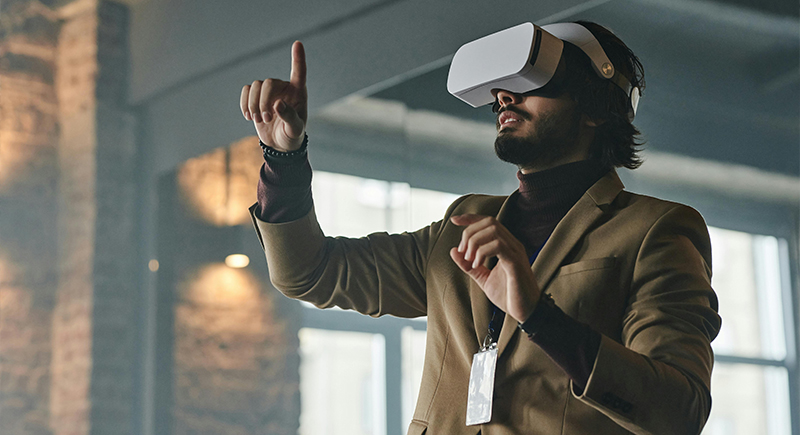
VR platforms are no longer limited to gaming. Meta’s Horizon Worlds, for example, lets users build avatars, attend events, or just hang out in 3D spaces. Businesses are also adapting VR for professional settings.
AI-Generated Grief Companions

A handful of startups are now building chatbots modeled on deceased loved ones. By training an AI on text messages, voice memos, and images, the bot can simulate a person’s way of speaking and reacting. Some include video elements that allow users to see a lifelike version of someone they’ve lost.
Physical Activity as Digital Currency

What was once just fitness data is now part of a small personal economy, where activity translates directly into value. Apps like Muuvr reward users with actual spendable credits for cycling or exercising. These platforms track movement and turn it into a type of currency.
Social Scoring Systems

Social scoring isn’t just a sci-fi concept anymore. China has implemented a Social Credit System that monitors and evaluates the trustworthiness of individuals and businesses. And while other countries haven’t gone that far, apps like Airbnb and Uber rely on ratings to shape who gets trusted or avoided.
Smart Contact Lenses with AR Features
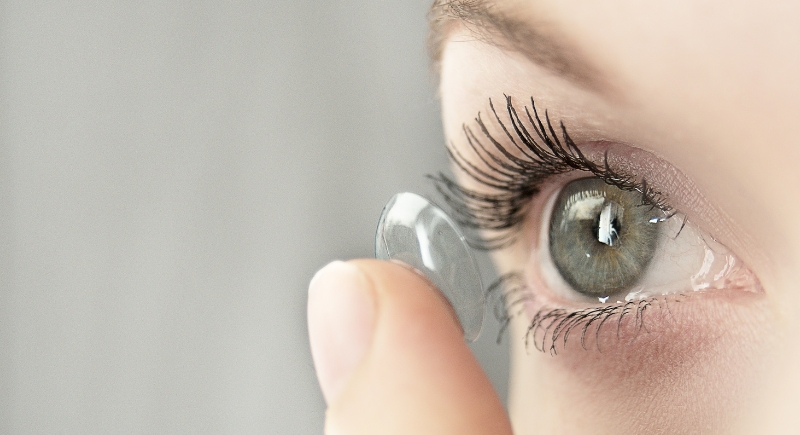
There’s a company building contact lenses that let you see info directly in front of your eyes—no screens, no glasses. Mojo Vision has managed to fit displays, sensors, and wireless tech into something that looks just like a regular lens. They’re still in testing, but early versions can already show text, directions, and other real-time updates.
Remote Webcam Hijacking

Unauthorized access to webcams through malware has been a common tool in digital extortion. One widely reported example involved a young woman who was blackmailed after a hacker accessed her camera remotely. Such breaches often exploit weak security and unaware victims.
Algorithmic Matchmaking
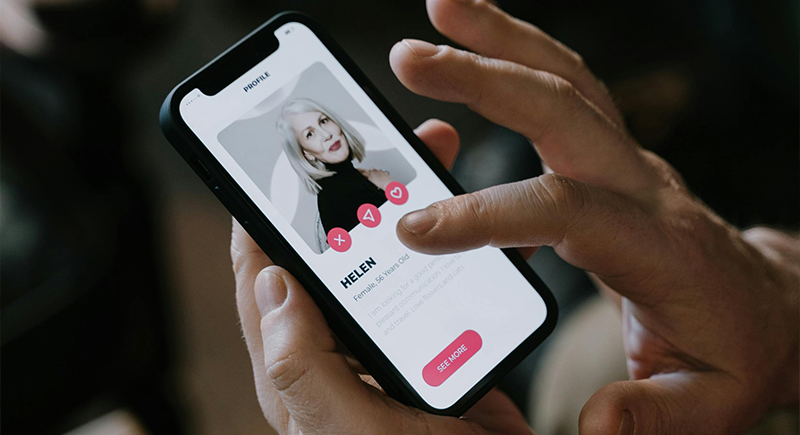
Finding matches on dating apps isn’t as random as it seems. Behind the scenes, algorithms are tracking how you swipe, how long you linger on profiles, and how you respond to messages. That data helps shape future recommendations. So even if it feels casual, you’re constantly feeding the system information about your preferences.
Voice-Controlled Smart Home Assistants

If you want to turn out the lights, set alarms, play music, lock doors, or adjust the thermostat, all you have to do is command smart speakers like Alexa and Google Home to do that. A single command can control several aspects of your home.
Facial Recognition in Surveillance Programs
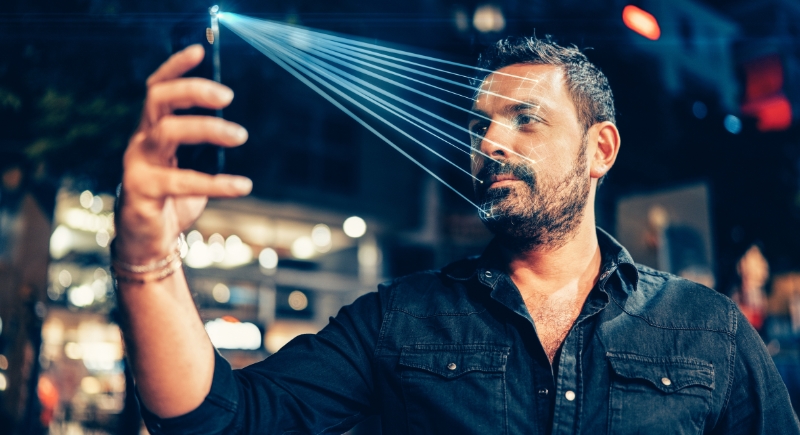
Police departments in different countries use facial recognutuib to scan crowds and flag potential suspects. And then there are platforms, like Geolitica, that take it further by analyzing patterns to predict where crime might happen. It sparks real concerns about bias, privacy, and who’s in control of the data.
Insect-Sized Drones
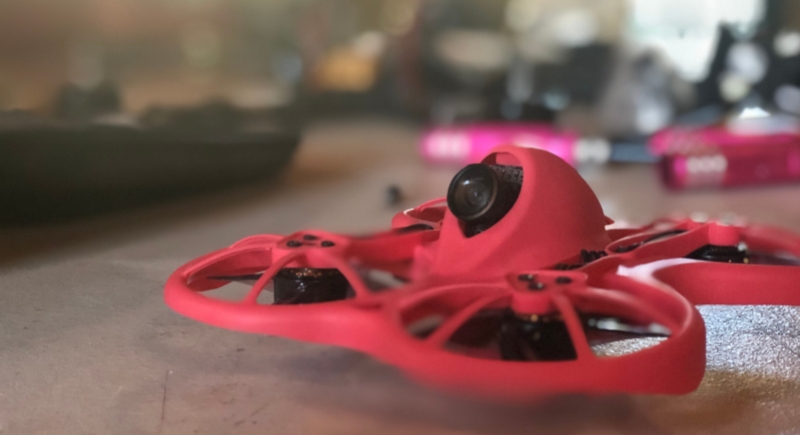
Tiny flying robots might sound like something out of a movie, but researchers at Harvard have been working on them for years. Their RoboBee project has created drones the size of insects that can hover, land, and even dip into water. The long-term ideas include helping with rescue missions or maybe even farming.
Parental Surveillance Software
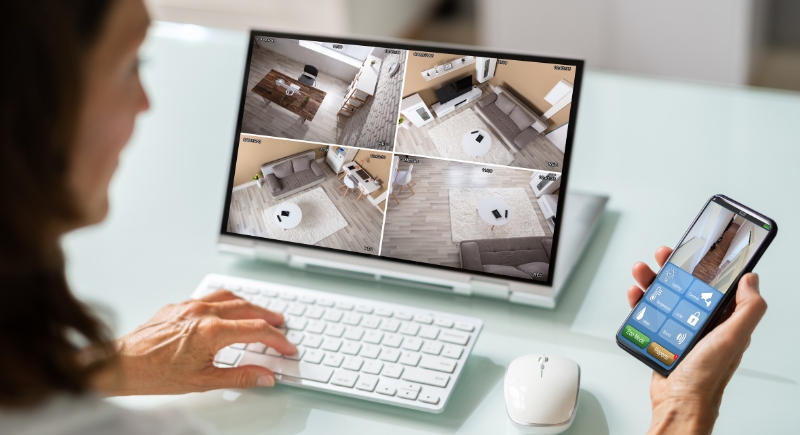
Tools like SpyX allow full access to a child’s phone activity. Once installed, parents can view messages, track GPS location, monitor calls, and even log keystrokes. Other functions include real-time screen capture and remote data removal.
Empathy Through Shared Perception
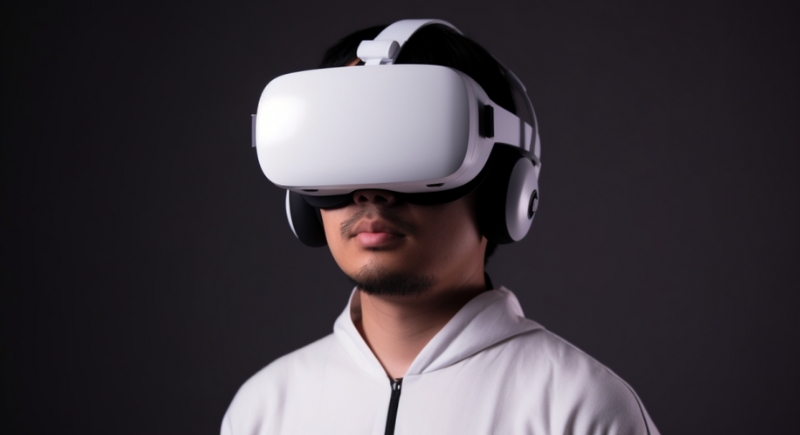
One VR research group, The Machine to Be Another, has created experiences that simulate living inside someone else’s body. Using synchronized movements and visual perspectives, participants can temporarily adopt someone else’s point of view.